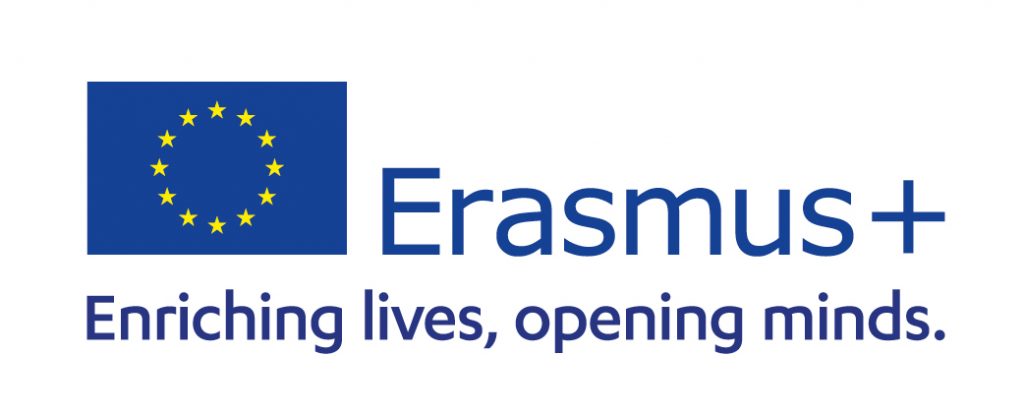Erasmus+ is the EU Programme in the fields of education, training, youth and sport.

Education, training, youth and sport are key areas that support citizens in their personal and professional development. High quality, inclusive education and training, as well as informal and non-formal learning, ultimately equip young people and participants of all ages with the qualifications and skills needed for their meaningful participation in a democratic society, intercultural understanding and successful transition in the labour market. Erasmus+ puts efforts to contribute to more inclusive and cohesive, greener and digitally fit societies.
The 2021-2027 programme places a strong focus on social inclusion, the green and digital transitions, and promoting young people’s participation in democratic life.
Erasmus+ offers mobility and cooperation opportunities in:
higher education
vocational education and training
school education
adult education
youth
sport
The Programme has a clear structure and provides support in several different aspects:

KA 1: Mobility of individuals
It provides variety of opportunities for learners and staff: opportunities for pupils, students, trainees and young people, as well as for professors, teachers, trainers, youth workers, sport coaches, staff of education institutions and civil society organisations to undertake a learning and/or professional experience in another country.
There are also actions offering 18-years-old young people the opportunity to have a first-time, short-term individual or group experience traveling throughout Europe in the frame of an informal educational activity aimed at fostering their sense of belonging to the European Union and discovering its cultural diversity.
Among all benefits for personal and professional development, the mobilities support EU citizens to discover the EU cultural diversity, foster their sense of belonging to the European Union, improve their participation in democratic life, contributing to European Union common goals.
KA 2: Cooperation among organizations and institutions
It supports partnerships for: (a) Cooperation which primary goal is to allow organisations to increase the quality and relevance of their activities, to develop and reinforce their networks of partners, to increase their capacity to operate jointly at transnational level, boosting internationalisation of their activities, and through exchanging or developing new practices and methods as well as sharing and confronting ideas. (b) Small-scale which aim at widening access to the programme to small-scale actors and individuals who are hard to reach in the fields of school education, adult education, vocational education and training, youth and sport.
The KA also provides support that aims at fostering excellence and world-wide internationalisation of higher education and institutions and establishment of transnational platforms of centres of vocational excellence closely integrated in local and regional strategies for growth, innovation and competitiveness
KA 3: Support to policy development and cooperation
It provides support to policy cooperation at EU level, thereby contributing to the development of new policies, which can trigger modernisation and reforms, at EU, and systems’ level, in the fields of education, training youth and sport.
The Actions include a wide range of activities related to:
- preparing and supporting the implementation of the EU policy agenda on education, training, youth and sport;
- fostering policy dialogue with stakeholders within and outside the EU, through conferences, events and other activities involving policy makers, practitioners and other stakeholders in the fields of education, training, youth and sport, to raise awareness about the relevant European policy agendas and to promote Europe as an excellent study and research destination;